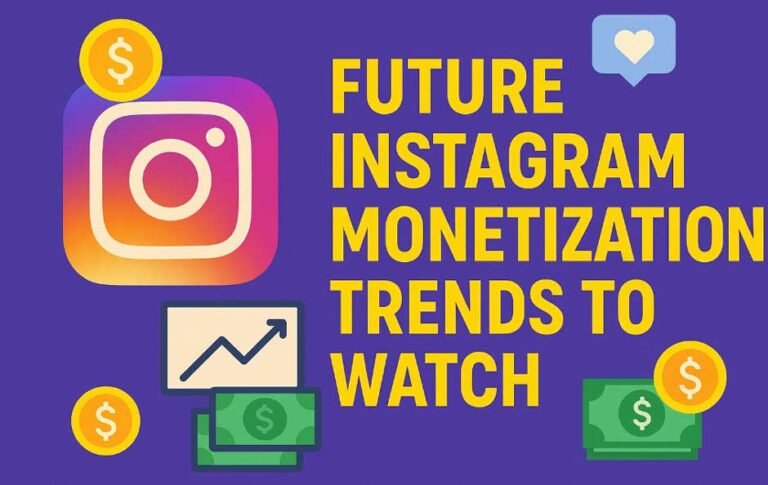Salesforce vs Microsoft Dynamics: Which Is Right For You?
Two top customer relationship management (CRM) providers, Salesforce and microsoft dynamic 365 CRM, have a long-standing rivalry in business IT. Their products are quite similar. Since both of these products are remarkably similar in terms of price, target firm type, user interfaces, as well as experience, along with their capacity to offer smooth deployment alternatives along with other similar features, they are frequently pitted in opposition to one another, even though there currently are other mega-vendors which hold significant shares of the CRM market. Some businesses will choose which CRM tool provides the best features, even if many currently utilise Microsoft Teams as well and would rather use other Microsoft software providers due to familiarity.
What Similarities Exist Between Salesforce and Microsoft Dynamics CRM?
The fundamental feature packages for the sales and service platforms Salesforce and MS Dynamics CRM are remarkably similar. Field service, area management, digital support for clients, contact as well as account management, & sales forecasting are all easily handled by the two goods. Probably the reason for this commonality is that these suppliers operate in a “anything you are capable of doing, I can make better” relationship, as well as are very familiar with each other’s products.
Additionally, both systems have their app marketplaces where you may select from thousands of extra business solutions which improve the overall accessibility of your CRM platform or better suit your sector. However, they are typically utilise by large or quickly expanding business and as Salesforce well as MS Dynamics can be expand in either direction based on your functionality the demand and business size and given that they are mainly licensed in software-as-a-service versions.
What Distinguishes Salesforce from Microsoft Dynamics CRM?
Platform Salesforce was created specifically to function as a cloud-based CRM program. That’s fantastic if you want to use browser-based as well as mobile-ready software and store your information on a distant server, but it’s not so wonderful if you’d rather keep the applications on your servers as well as own the license altogether. Microsoft Dynamics 365 offers a bit more customisation and application flexibility.
Although other departments in the 365 universe, like as Finance and Operations, have optional on-premises versions, they also provide Sales and Service in a cloud-based version. As more businesses depend on both private and public cloud hosting, as well as usage of on-premises server boxes declines, the product has shifted to primarily cloud-hosted variants in recent years.
Elasticity and Integrations
With significant investments in app connectivity, the Microsoft AppSource is outperforming Salesforce in terms of choices. Teams can leverage this native interface to create bespoke apps using their knowledge and existing relationships by connecting to Microsoft Power BI and PowerApps, which are also available through the wider Microsoft CRM platform. Although Salesforce has connections to several Microsoft applications, Dynamics 365’s native integration and connectivity offer benefits. Salesforce will nevertheless interface nicely with the majority of third-party apps if your team is searching for connections with a wide range of applications and software.
Qualities
Microsoft Dynamics CRM’s 2015 release lifted the standard in several feature areas, as well as the company’s subsequent automating investments have enhanced the Sales and Service Engagement Plan capabilities. Sales teams can better comprehend their consumers, enhance the client relationship and expertise, choose when to send emails, and keep a closer eye on social media thanks to automated functions as well as artificial intelligence. Additionally, since Microsoft now owns LinkedIn, they have improved social selling tools by adding a direct link to the business social network.
Automated And Artificial Intelligence
Capabilities about artificial intelligence (AI) as well as automated intelligence are among those that truly distinguish Salesforce and Microsoft Dynamics Engagement from the other CRM packages. Both Microsoft and Salesforce are blessed with enterprise-level assets at their disposal to develop or purchase AI capabilities which enhance the intelligence of their service and sales platforms.
Selecting Between Salesforce and Microsoft Dynamics 365 CRM
The majority of user choices will be contingent on the particular business requirements, as neither of these two CRMs is fundamentally superior to the other. These solutions provide an extensible framework with a strong layout, industry-leading capabilities, as well as the flexibility to create customised solutions using add-ons as well as modules from their web stores.
The initial cost of implementing Microsoft Dynamics 365 CRM is slightly more, but relying on how you customise it, the cost associated with employing both ultimately rises to similar levels if you intend to scale up. Dynamics 365 is superior at reporting, but its customisation features & intuitive user interface aren’t quite on par with Salesforce’s. Dynamics 365 is superior at reporting, but its customisation features as well as intuitive user interface are not quite on par with Salesforce’s. Additionally, because Salesforce is cloud-based, if you would like to have an on-premises execution, a Microsoft Dynamics 365 package is your only option.
Final Words
The features that your team of users needs to succeed, your willingness to spend, as well as your current business solutions, must all be taken into consideration when making your choice.







